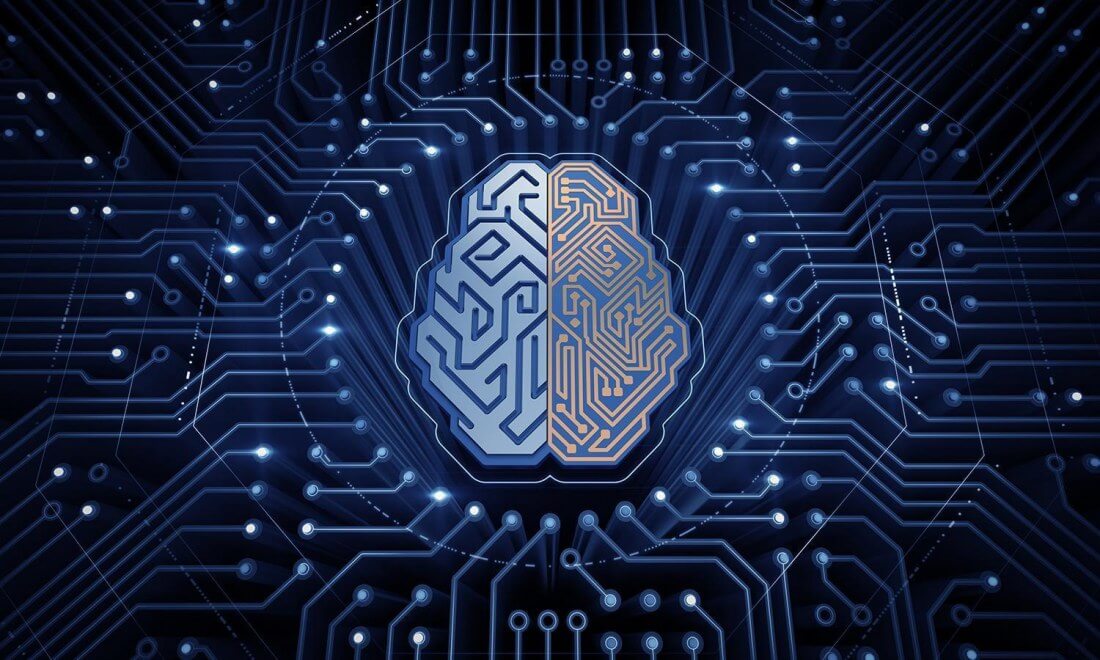In brief: As doctors across the US struggle to deal with ever-expanding workloads, researchers have looked to technology to ease the burden, and a solution – albeit a partial one – may have been found. MIT researchers have trained an AI to detect depression in patients through normal conversation, rather than pointed mental health-related questions.
It isn't just traditional medical doctors that might have their jobs replaced by machines in the future - robots could be gunning for psychologists and other mental health practitioners as well.
While that's obviously an exaggeration, a recent post from MIT's News blog suggests artificial intelligence might be capable of diagnosing depression.
Usually, mental health experts make their depression diagnosis based on a patient's answers to a series of personal questions, which often relate to the individual's thoughts, life experiences, and overall mood.
MIT researchers used a neural-network model to diagnose depression in a different, potentially more effective way. Rather than ask patients depression-related questions, patients were engaged in more normal conversations.
Instead of relying on direct answers to questions, the AI looks for "speech patterns indicative of depression," according to MIT.
"The first hints we have that a person is happy, excited, sad, or has some serious cognitive condition, such as depression, is through their speech," said researcher Tuka Alhanai. "If you want to deploy [depression-detection] models in [a] scalable way ... You want to deploy it in any regular conversation and have the model pick up, from the natural interaction, the state of the individual."

The AI in question was fed "sequences" of both audio and text data, allowing it to look for words – such as "sad," "low," or "down" – and audio queues that point towards a depression diagnosis.
Of course, the model wouldn't be very useful if it instantly diagnosed somebody with depression merely for saying a few choice words in a certain way. Natural conversations ebb and flow between joy and sadness quite often; all it takes is a bad memory for an individual's behavior to change temporarily.
That's why MIT's AI model looks at audio and text data from dozens of individuals, depressed or otherwise. To date, MIT says researchers have managed to test their model across "142 interactions," which consist of text, audio, and even video interviews with patients.
As impressive as this information is, don't expect it to replace your local therapist anytime soon. The technology is currently in its infancy, and though AI can grow fast, there will undoubtedly be many legal and ethical hurdles for researchers to overcome before it becomes common in mainstream medicine.
